Types of Flies | Fly Infestation | How Can a Fly Repellant Fan Help?

There are over 100000 species of flies on the planet Earth. Fortunately, only a few are found in the UK. It is important to know the type of flies to completely eradicate or prevent the fly infestation from your home or surroundings. In this article, we will discuss the various types of flies found in the UK and their sign of infestation. Towards the end, we will also introduce to you our very own fly repellent fan which has been making a hit among our customers who wanted to get rid of flies. Read on to know more.
Types of Flies in the UK
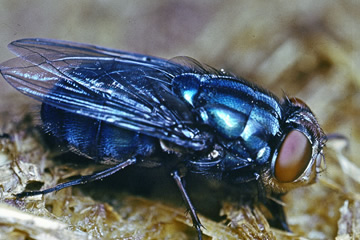
Bluebottle Fly
Bluebottle fly is a fly that looks similar to the common housefly but has a peculiar metallic blue colour. Also it is mostly attracted to decaying stuff and feces. So if you find a Bluebottle fly then probably something around your home is rotting.
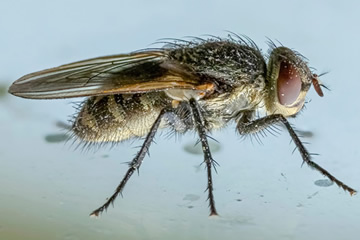
Autumn Fly
These are flies with large red eyes and clear wings. Both males and females look different but distinguishable. They have orange coloured abdomen with black stripes whereas females look like the common housefly. They are mostly attracted towards the animals and feed from their saliva.
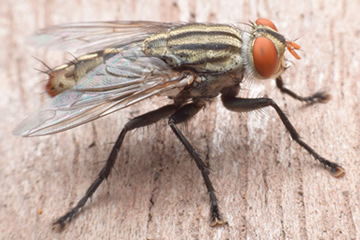
Cluster Fly
Cluster flies are a bit larger than the common housefly. But can be easily distinguishable as when these flies rest they overlap their wings and also have olive grey thorax covered with golden hairs. Cluster flies are mostly attracted to our homes during the winters .
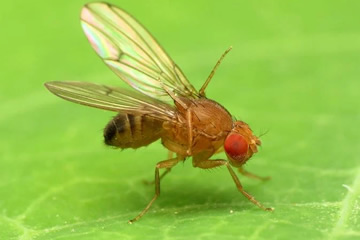
Fruit Fly
Fruit flies are really small flies that can be commonly found in the kitchen or areas with food. They lay eggs on rotten or fermented food.
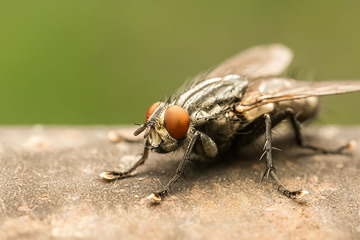
House Fly
House flies are insects with grey coloured thorax and yellow abdomen covered with hairs all over. Being the most common type of flies in the UK, they can be easily seen in our households to feed on feces, rotten food and animals.
Signs of Fly Infestation
- Seeing flies more than often
- Finding dark clusters on the window or other areas
- Spotting maggots
0 comments


